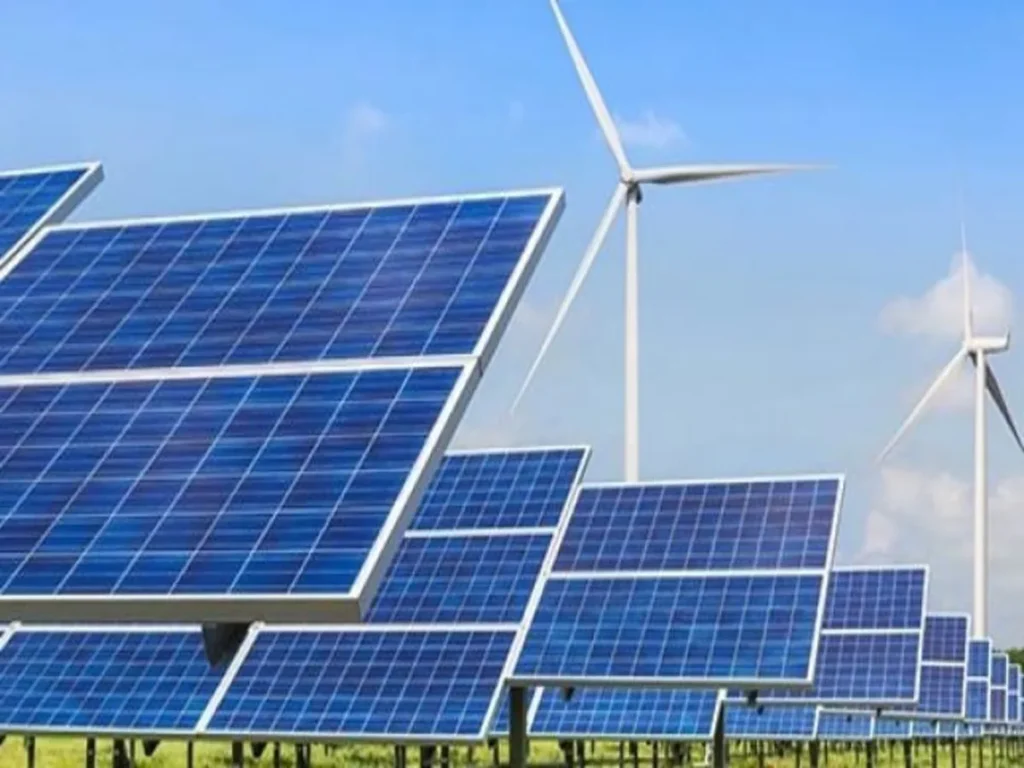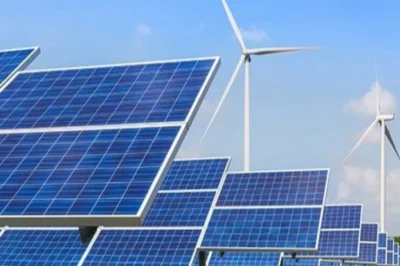
In a landmark move towards sustainable energy, Reliance Power has partnered with Bhutan’s Druk Holding and Investments Ltd (DHI) to develop the country’s largest solar power project. Valued at ₹2,000 crore, the initiative aims to harness 500 megawatts (MW) of solar energy, marking a significant step in Bhutan’s renewable energy journey. This collaboration underscores the growing synergy between India and Bhutan in the realm of clean energy.
A Strategic Partnership for Renewable Energy
The partnership was formalized with the signing of a commercial term sheet between Reliance Power and DHI’s subsidiary, Green Digital Pvt Ltd. This agreement outlines the development of a 500 MW solar power plant in Gelephu Mindfulness City, Bhutan’s designated Special Administrative Zone. The project will be executed in two phases of 250 MW each over the next two years. Reliance Power, a subsidiary of the Anil Ambani-led Reliance Group, brings its extensive experience in power generation to this venture.
Boosting Bhutan’s Energy Capacity
Currently, Bhutan’s total installed power generation capacity stands at 2,452 MW. The addition of 500 MW from this solar project will significantly enhance the country’s energy infrastructure, contributing to its goal of achieving net-zero emissions. The collaboration also includes the development of smart distribution and metering systems across Bhutan, further strengthening the nation’s energy grid.
Economic and Environmental Implications
This project represents the largest foreign direct investment (FDI) by an Indian company in Bhutan’s renewable energy sector. It aligns with Bhutan’s commitment to sustainable development and reflects the growing importance of clean energy in regional cooperation. The initiative is expected to create numerous employment opportunities, stimulate local economies, and set a benchmark for future renewable energy projects in the region.
A Model for Regional Cooperation
The Reliance Power-DHI partnership serves as a model for cross-border collaboration in renewable energy. It highlights the potential for neighbouring countries to work together in addressing global challenges such as climate change and energy security. By leveraging shared resources and expertise, India and Bhutan are paving the way for a more sustainable and interconnected future.
Conclusion
The development of Bhutan’s largest solar power project marks a significant milestone in the country’s renewable energy landscape. Through strategic partnerships and a shared commitment to sustainability, India and Bhutan are setting a precedent for regional cooperation in clean energy. As the project progresses, it is poised to deliver lasting economic and environmental benefits, reinforcing the importance of collaborative efforts in achieving global sustainability goals.









































Leave a Reply